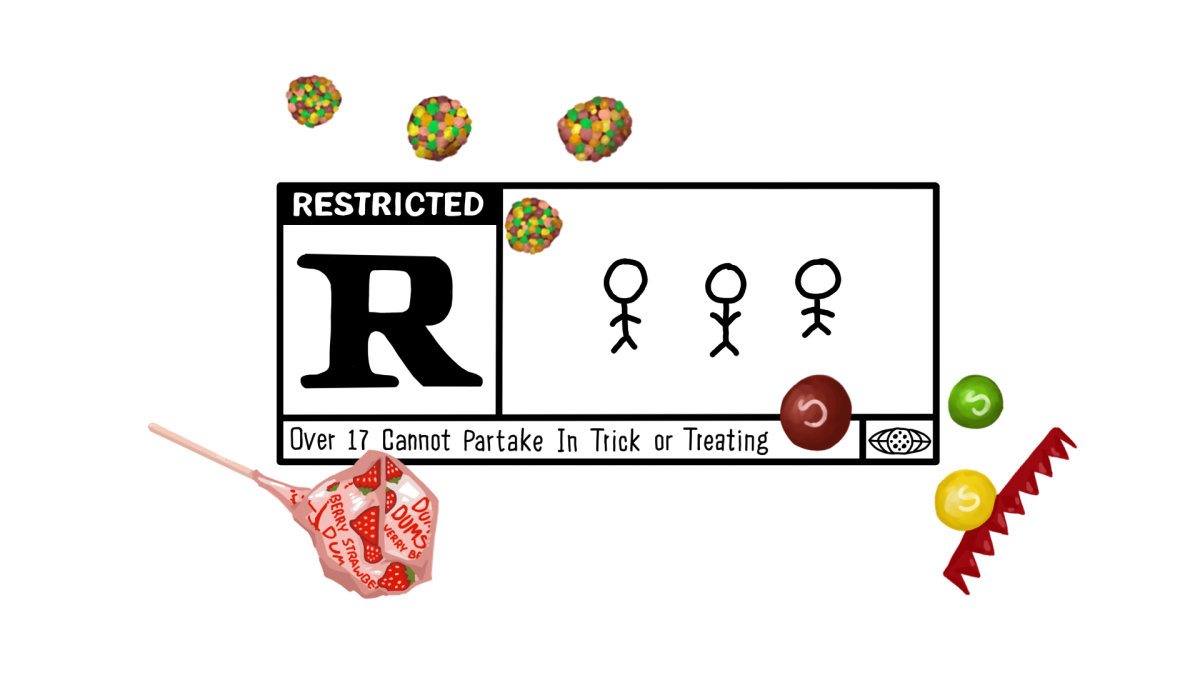College has had the reputation of being the end all, be all measure of high school success. The notion that getting into a good college ensures a successful life has been proven true in the past, but is it really the case now? A significant portion of high school students are perpetually stressed about grades, joining clubs and extracurriculars in hopes of standing out during the college admissions process. Especially in the midst of college application season, some may wonder: is it worth it to pay tens of thousands of dollars, likely accumulating debt, for a degree that one might not end up using?
The high cost of college is an unfortunate burden for many. Even if a student decides to stay in state and attend a public college for four years, it will still cost a lot. The estimated cost of attendance at UC Berkeley for a year is around $20,000. Although financial aid has become more accessible, with an average of more than half of the student population using it, it is still not enough. Dayne Reale, a North Kansas City High School graduate that dropped out of Metropolitan Community College of Kansas City 2019 reflected on this issue.
“I firmly did not know what I wanted to do,” Reale said. “So I dropped out. I knew I wanted to be an engineer, [but] not the type of engineer that I wanted to be. I did not want to spend money and time on pursuing something that I didn’t know what I’ve actually firmly wanted to do, so I took a step back, and I just never went back.” After finishing trade school, Reale started an apprenticeship and is now an electrical engineer.
The cost of college has doubled over the last 40 years, and along with it the number of students taking out loans, the U.S. student debt loan balance now totals more than $1.74 trillion, according to the Federal Reserve.
So, is a degree worth incurring a debt one may spend a lifetime paying back? Is it even necessary to have a successful career?
On one hand, some jobs simply require a higher education to perform well. In those cases, a college degree is essential. For instance, it takes seven to 11 years of college to become a doctor, but the salary of 310-600k per year would likely make up for it. But in most cases, you do not necessarily need a degree to live a good life. For jobs that do not require a college degree, it is really not necessary. Take Reale for an example, after dropping out of college he was able to become an electrical engineer, without attending college.
Despite these downsides, there are multiple benefits of attending college: students are able to try new things, find new passions, be a part of a new community and develop connections. It can be a great learning experience to help the transition into adulthood. At college, one has the freedom of a regular adult while also relying on the familiar structure of school to learn how to manage everyday tasks such as cooking, budgeting and laundry without having parents there to help every step of the way.
So is college worth it? The answer is not a simple yes or no. If the career a student wants to pursue requires higher education, then they simply need to go to college. But if the career desired is not dependent on a degree, then it may not be worth it. The amount of time and money needed for college is a decision that takes a significant amount of thought; it is not something to blindly jump into. While the experience may be great for some, it is not for others.






















